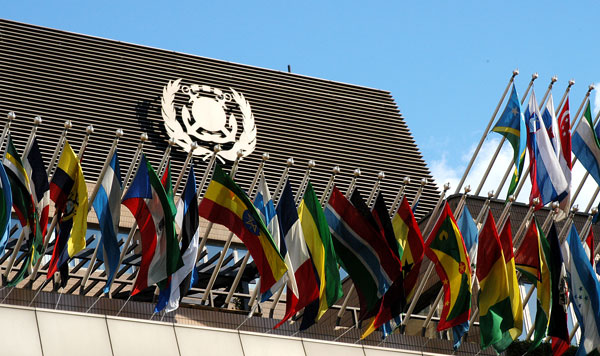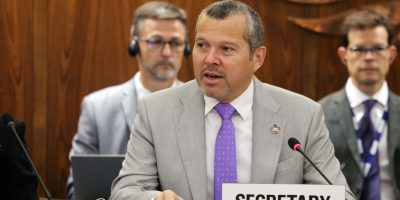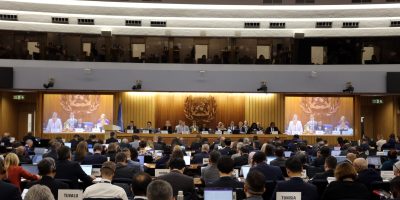
The International Maritime Organisation (IMO) should manage a billion-dollar fund for shipping’s green energy transition by 2024. That is what the international shipping community ICS is proposing. The money should come from a carbon tax.
The proposal for a fund and reward to get the shipping industry on a green track came after previous plans by the lobby group to reduce carbon emissions failed to attract interest in recent years.
Ten billion
In the revised proposal, the International Chamber of Shipping (ICS) boasts that a global fund of $10 billion a year is enough to reduce the price gap between conventional and alternative shipping fuels. Previous ICS proposals targeted around $5 billion a year.
To fill the pot, ICS proposes that IMO, as the industry’s global regulator, introduce a fixed tax per tonne of CO2 emitted. Revenue from that levy would then be used as an incentive for shipowners to promote the green transformation of their fleets.
Reward
“The funds collected would be used to reward the introduction of alternative fuels by pioneers, based on the CO2 emissions avoided. This would significantly reduce the price differential and minimise additional costs,” ICS writes in a press release.
$50 per tonne
Since IMO can only take a decision by consensus, ICS recommends setting the carbon tax relatively low to best ensure political support from all member states. “With political will, the proposed fund and reward mechanism can easily be adopted through IMO’s existing MARPOL Convention (an international convention for the prevention of pollution from ships) by 2024 so that our commitment to achieve net-zero emissions by 2050 remains plausible,” says Simon Bennett, ICS deputy secretary-general.
According to ICS calculations, a future levy could be set at around $50 per tonne of marine fuel oil consumed, which would be enough to fund a global fund until 2030.
Third world countries
Another important element in the proposal is that the fund should also promote the energy transition of shipping in third-world countries. The fund should support developing countries in financing the production of alternative fuels and bunkering infrastructure.




